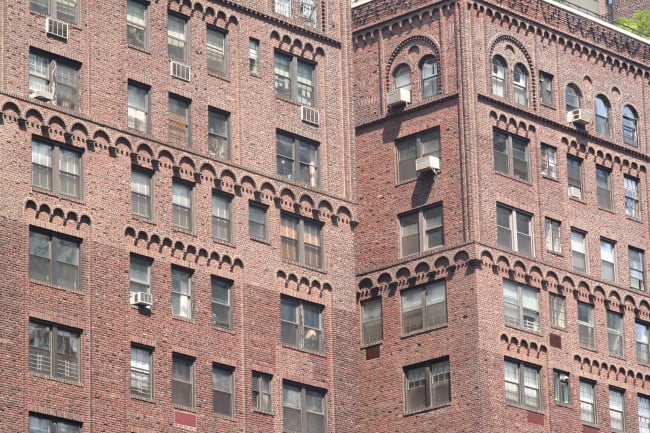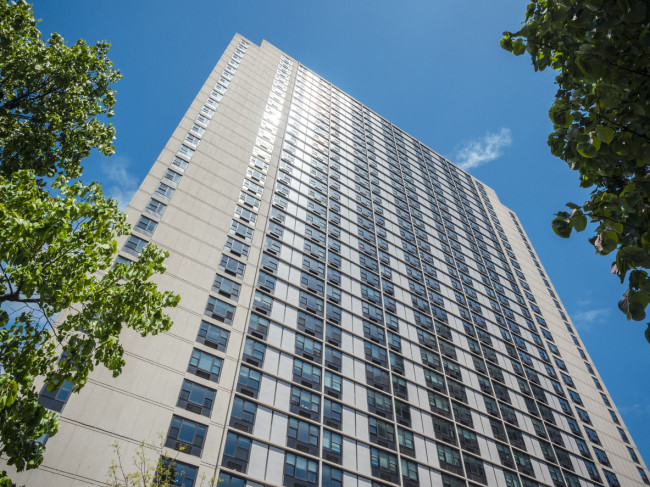- At new developments, buyers are often asked to pay into a building’s working capital fund
- The fee usually amounts to one to two months of your common charges at a condo building

Buyers of new development condos might be surprised to find an extra fee that needs to be paid at closing.
iStock
If you’re looking to buy a condo in New York City, you’ve probably experienced sticker-shock at the extra cash you have to spend on closing costs. Those fees will likely include something called a working capital fund contribution for those purchasing a condo at a new development.
A working capital fund contribution is an additional fee, paid by the buyer at closing, that’s meant to help a condo building raise money to pay for its operations or as outlined in the building’s bylaws, says Jane Rosenberg, a partner at Seiden & Schein, a real estate development law firm.
Most buildings will ask new buyers to contribute one to two months of common charges to the fund, Rosenberg says. And buyers could be asked to pay into the working capital fund or the reserve fund—a pot of money for major capital improvements, or both, Rosenberg says. She’s seen buyers pay one or two months of common charges into the working capital or reserve funds.
The concept is fairly similar to a co-op “flip tax” or condo “transfer fee” fees that sellers pay, which raises revenue for a building. But in the case of a working capital fund contribution, it’s the buyer that pays.
Can I negotiate the fee?
Buyers usually go after other larger costs, like real estate taxes, when negotiating with a sponsor, Rosenberg says. But it is possible to negotiate the fee, especially in a market that’s more favorable to buyers, says Bettina Miraglia, an attorney at DL Partners Law, (fyi, a Brick sponsor).
“When you're buying from a new development, it all depends on the market,” Miraglia says. “All those closing costs, they're all negotiable. And [the] working capital fund is definitely one of the ones that developers negotiate.”
Will you find these fees for resales?
You may encounter this fee for condo resales, though it’s most common in new developments, Miraglia says. Even if you’re not buying in a new development, it’s best to ask your real estate attorney to determine, as part of their due diligence, whether there is a working capital fund contribution.
“When you’re looking to buy you really have to understand that building’s underlying condominium documents, because it might be required at every sale, not just a new development,” Miraglia says. “At every resale it might be required, and I have seen that before.”
Case in point: One Brooklyn condo building added a contribution requirement for new buyers to help build up its reserve fund, according to a previous owner who asked to remain anonymous. The board felt that new buyers were benefiting from long-time owners who had kept the building financially stable, and wanted new owners to make a contribution to the reserve fund.
What if the fee seems high?
It’s possible to see a working capital fund contribution that’s a bit higher than the one- or two-month norm. Andrew Freedland, a partner at law firm Herrick, Feinstein, has seen contributions as high as six months of common charges. While rare, higher fees are possible because the amount is set by the condo building’s sponsor, Rosenberg says.
“No regulation specifies how much, how little, or what should be contribution,” Rosenberg says. “It’s something that a particular sponsor will determine and that their attorneys put into that particular offering plan for that particular building.”
It’s also possible to have a working capital fund contribution requirement in a new development co-op building, though those projects are less common, Rosenberg says.
You Might Also Like
Sign Up for our Boards & Buildings Newsletter (Coming Soon!)
Thank you for your interest in our newsletter. You have been successfully added to our mailing list and will receive it when it becomes available.























